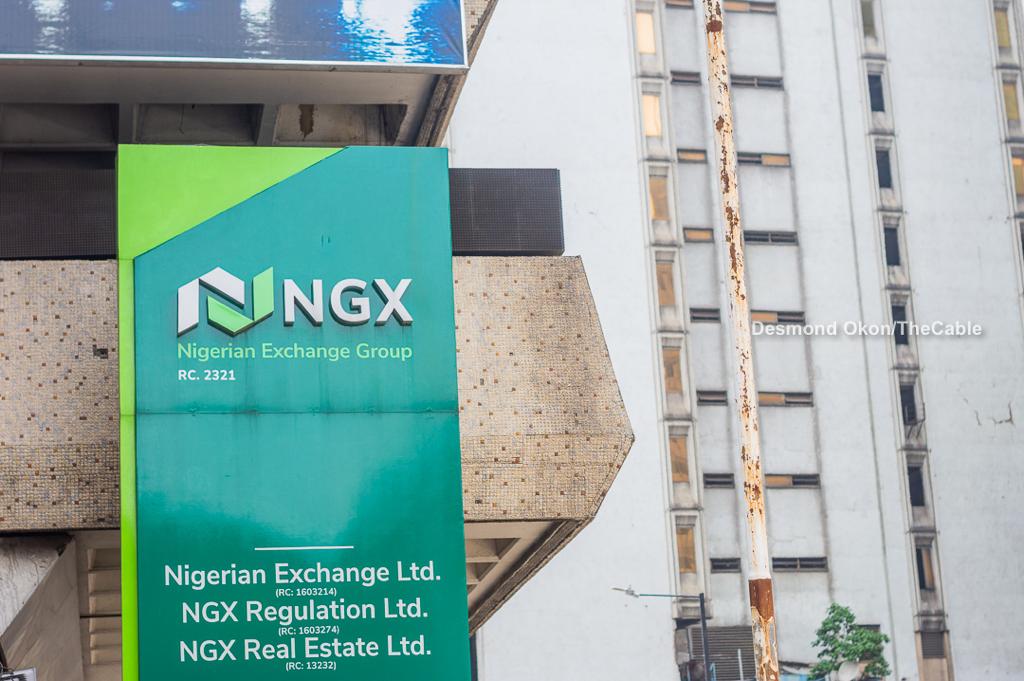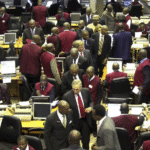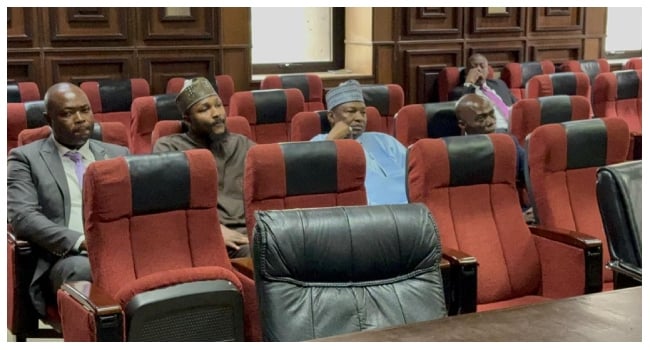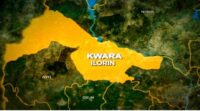By Chukwuma Umeorah
Foreign portfolio investment (FPI) in Nigeria’s equities market rose to N996.03 billion in the first five months of 2025, more than doubling the N458 billion recorded during the same period in 2024. This is according to the latest Domestic & Foreign Portfolio Investment Report from the Nigerian Exchange Limited (NGX).
The report revealed that foreign investor participation surged to 29.2 per cent of total transactions year-to-date (YTD), up from 20.3 per cent recorded in the same period last year. While domestic transactions still dominated at N2.42 trillion, the growing share of foreign inflows points to renewed offshore confidence in Nigerian equities.
Analysts attribute this trend to critical policy reforms, particularly exchange rate liberalisation and banking sector recapitalisation, though they caution that the rebound remains vulnerable to abrupt policy shifts.
“To sustain this momentum, the government and regulators must remain cautious of policy adjustments that are not market-friendly or that make it difficult for businesses to plan,” said Victor Chiazor, Analyst and Head of Research at FSL Securities Limited, highlighting the delicate balance required to maintain foreign investor trust.
According to him, “The rise in foreign portfolio investment in the equities market in the first five months of 2025 to N996 billion from N458 billion in May 2024 clearly suggests the increasing level of confidence foreign investors are beginning to have in the Nigerian market.” He explained that reforms such as the floating of the naira, the ongoing bank recapitalisation programme, moderate FX reserves, impressive earnings, and dividend announcements have reignited investor interest, especially in undervalued blue-chip stocks.
While the uptrend in foreign interest appears promising, it has not been without volatility. In March 2025, foreign transactions peaked at N699.9 billion, accounting for 62.7 per cent of total trades in the market that month. This was largely driven by block deals.
However, by April, the figure fell sharply to N63.07 billion, a 91 per cent decline amid investor concerns over policy clarity and market liquidity. May figures rebounded to N118.91 billion, up by 88.5 per cent from April.
Chiazor noted that while the May rebound reflected improving sentiment, sustaining foreign inflows depends on policy consistency. “Once we keep improving on the major indices, naturally, investments will flow towards where there are decent returns and a sense of capital preservation,” he added.
Nigeria’s FPI flows have historically been highly sensitive to exchange rate stability, inflation management, and the government’s posture toward market liberalisation. The June 2023 decision to float the naira and unify the foreign exchange windows is widely credited with reversing a years-long decline in FPI.
Between 2015 and 2022, Nigeria experienced a sustained erosion in foreign participation, caused by restrictive currency policies, capital controls, declining oil receipts, and worsening insecurity. By 2023, foreign involvement had plunged to just 11 per cent of total NGX market activity, with annual FPI inflows falling 26.7 per cent to $3.91 billion.
However, a turnaround began with the FX reforms introduced mid-2023. In Q1 2024, FPI inflows jumped to $2.07 billion, accounting for more than 60 per cent of total capital importation into Nigeria. The second quarter of 2024 further extended the recovery, with inflows hitting $4.42 billion, the highest quarterly FPI since 2014, driven largely by money market instruments which made up over 77 per cent of the total.
This positive shift has continued into 2025. The NGX All-Share Index delivered a 45.9 per cent return in 2024 and has maintained upward momentum into the current year, further strengthening the investment case for foreign players.
As of May 2025, total market turnover stood at N3.415 trillion. Foreign inflows amounted to N486.4 billion while outflows reached N509.6 billion, reflecting a relatively balanced capital movement. However, observers point to some uncertainty as external investors remain watchful of fiscal reform outcomes and FX policy clarity from the Central Bank of Nigeria.
“The floating of the naira, recapitalisation exercise, moderate FX reserves, impressive earnings with dividend payments, and a relatively low valuation of blue-chip companies are part of the major reasons we are witnessing these inflows,” Chiazor reiterated. But he maintained that only a consistent policy environment can turn temporary interest into long-term capital commitment.
Sector-specific trends show that the banking sector has been a key beneficiary of this capital resurgence. In Q1 2024, the sector attracted $2.07 billion, almost six times the Q4 2023 figure on the back of the recapitalisation directive from the Central Bank. The trading and telecommunications sectors also recorded significant foreign interest, attracting $494.93 million and $191.57 million respectively in the same period.
Nonetheless, concerns persist regarding the structure of recent inflows. A significant portion has been channelled into short-term, liquid instruments. This echoes the pattern seen in 2021 and 2022, where quick-yield strategies dominated due to macroeconomic uncertainty and inflation risks. Foreign investors remain cautious, prioritising capital safety and ease of exit in a market still exposed to political instability, fiscal inconsistency, and infrastructural deficits.
Positive projections have been made for the rest of 2025, but stakeholders are watching closely for signs of consistency in the government’s economic policies, as well as indications from the Central Bank regarding interest rate direction and further FX reforms, analysts observed.
They argue that sustained FPI growth requires deeper structural reforms including improved governance, infrastructure upgrades, and enhanced regulatory transparency. As precedence has shown, FPI is not sticky and can reverse rapidly in the face of uncertainty.
Market fundamentals such as dividend yield, earnings momentum, and lower price-to-earnings ratios offer significant upside potential, provided macroeconomic policies remain stable and supportive.

















Leave a comment